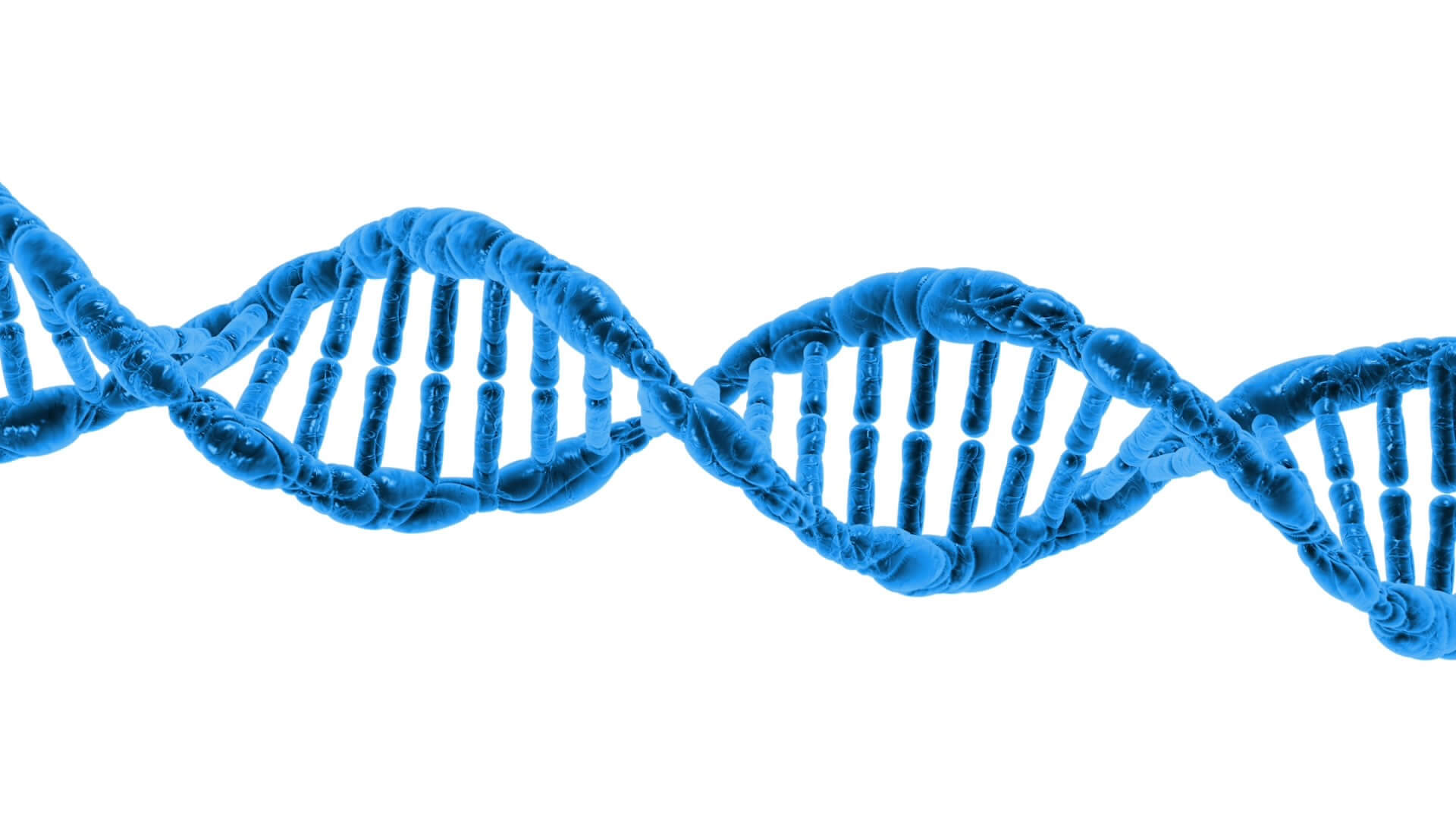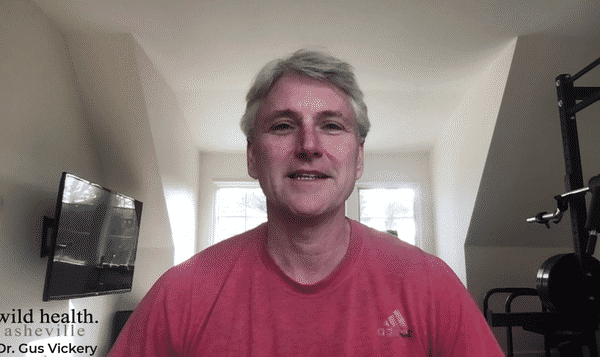Optimizing Your Health Part 7
We’ve discussed at length how to provide our bodies the right information so we can begin to normalize our health. Now I’d like to spend some time discussing the concept of health optimization and human enhancement. This is about experiencing the fullness of our potential and our best possible healthspans; the years in which we can fully function and enjoy life.
While the foundational principles I discussed in the last blog apply here, this also gets into the 0.3% of our genetic differences that make us unique as individuals. This requires diving a little deeper into our habits and being more intentional about the information we provide our bodies so we can thrive. This requires an investment of time and resources.
To optimize, you must have more information about your body than the current healthcare system provides. Our current system provides very limited data points that don’t truly tell you what’s going on with your health They give you some indication, but by no means give you the truth of your current overall state of health.
Gathering Genetic Data
I work with patients one-on-one in a health optimization program. In this program, we don’t think about what their insurance covers. It’s 100% about them, their health, and their desires for healthy living. Therefore, we get whatever data we need to get. We can even get genetic data, which is essentially your biochemical blueprint for exactly what you should do to experience the highest version of yourself. Over time this data will become increasingly accurate and more comprehensive, but the data we have now is very good.
>
“Our goal is to use this information to give you the advantages of your own biochemical blueprint. ”
We can take a collection of different genetic variants that influence specific processes in your body and come close to knowing exactly what you should be doing to optimize that particular function. These variants are known as single nucleotide polymorphisms (SNPs). They’re not mutations, they’re variants, and they exist for a reason. All these variants come with advantages and potential disadvantages. They all work in concert as a system to make you who you are.
Our goal is to use this information to give you the advantages of your own biochemical blueprint. Each gene has codes for a protein, and these proteins all play important roles in the body. The variations in these proteins influence how they function. That influence creates subtle differences in the way that our bodies perform. Remember, these variants exist for a reason.
We can look at collections of these genetic SNPs that shed light on many functions of an individual, including:
-
Circadian rhythm functions
-
Nutrient needs, including macronutrient ratios
-
Management of hunger and satiety
-
Risks of insulin resistance and diabetes
-
Inflammatory responses to stress and exercise
-
Detoxification abilities
-
Specific nutrient profiles for absorption and transportation
-
Hormonal balance and metabolism
-
Athletic performance and biomechanical potential
-
Risks of specific types of injury
This is very cool. We’re able to give an individual their biochemical blueprint for how to live according to their own design. With this information, we can then assess a person’s particular habits and then begin to train them in how to slowly shift their habits in a direction that optimizes genetic expression. This is just one aspect of health optimization.
Many people criticize the genetic piece as though we are giving people more information than they need. They state that we’re creating fear for individuals and fostering a deterministic outlook about their future health. I can’t speak to how everyone is using this information, but I know this is not true for me. We do not look at this as deterministic. We look at this as an opportunity.
There’s a quote that knowledge is power, and that’s actually not true. Knowledge is opportunity. It’s an opportunity to create whatever changes need to be made to optimize health. Only applied knowledge is power. With this opportunity, I believe you can prevent many of the diseases to which you have a genetic predisposition.
Gathering Epigenetics Data
There’s another step to health optimization. The genetic studies are your biochemical blueprint, but I’ve also been discussing the concept of epigenetics. Epigenetics is how your body is expressing itself right now. Epigenetics is how we can begin to provide the body with the type of information that changes its genetic expression, so we experience our best health.
The way I assess epigenetics is with extensive additional blood testing and other forms of testing. We can obtain blood work that gives us many data points about an individual, including:
-
Lipid or cholesterol particle distributions
-
Oxidative stress
-
Chronic inflammation
-
Hormonal balance
-
Nutrient balance
-
Metabolic functions, such as regulators of appetite and body weight
We can also use salivary testing to understand the balance of stress hormone responses and get information about your hypothalamic pituitary adrenal axis and how it’s regulated over time. In addition, urinary neurotransmitter studies can tell us about the balance of neurotransmitters in your body, which gives us information about the health of your central nervous system.
There are a lot of data points that we can review which give us an idea of how your body is currently expressing itself based on the information it’s received. What do we see happening now?
When we have this kind of data and time with an individual, we can then teach them what they need to do so that we optimize how the epigenetic data reflects the genetic data. As this occurs, they experience a significant improvement in health. We can measure the improvement objectively and they experience it subjectively.
>
“For those individuals who are ready to take the journey, we can outline a specific plan that will almost always work to optimize their health.”
I’ve done this time and time again with individuals. I have many case studies that demonstrate how this process works. It’s extremely helpful if we’re able to individualize the data; everyone is unique, and not everyone’s system responds to the same inputs.
We don’t have to guess anymore. We can know what an individual needs to give themselves the best chance to experience their best health. We have the ability to get the data. The problem is that the current healthcare system doesn’t cover it. It doesn’t believe there’s any evidence that it’s useful. It doesn’t believe it’ll be put to good use.
I’m telling you that this does work. When a motivated individual who wants to feel good has the right information and the right plan, they will generally slowly adopt that plan and we start to see their health improve. It happens repeatedly.
We try to pick one small change at a time, because change is hard. If an individual has developed insulin resistance, leptin resistance, and a large amount of extra visceral fat with chronic inflammation, and I can’t get them to eliminate some of the poorer quality foods they’re eating, I might be able to get them to do a little bit of fasting. That one change over time will help the body get healthier.
We can almost always identify a couple of simple habits that will take a person in the direction they want to go. For those individuals who are ready to take the journey, we can outline a specific plan that will almost always work to optimize their health.
We need to be able to identify the plan of action that will work for them, and a plan of action that is doable for them. Both are necessary. But you cannot do this in a 15- or 20-minute office visit. You must spend a lot of time with an individual and get to know them and understand their tendencies. You must work with them in each specific habit category and figure out what is doable and what will work. This takes time and experience for the clinician who’s doing it.
It’s not something you can do by just enrolling in a short course and getting some theoretical training. You must continually work with real people over time so that you become an expert at interpreting the data and knowing which plan of action is going to work.
When all these variables come together, the individual will eventually optimize their health. They’ll experience the fullness of life that we’ve been discussing.
>
“We should not settle for poor health. We should not settle for lesser versions of ourselves.”
With the amount of money we spend on healthcare, this is what we should be getting. The actual cost is far lower than the cost of hospital admission, or the cost of a disease over the course of several years. I’ve seen individuals with very poorly controlled Type-2 diabetes completely reverse it by following this process. I’ve seen obesity reverse, autoimmune conditions reverse, and I’ve seen people improve their cognitive function all because of this powerful process.
Every individual should at least be asking for more information. They should explore more deeply the determinants of human health. Most physicians don’t have the time to coach people on how to change their habits—it’s just not part of our training, nor part of the current healthcare delivery system. But there are many health coaches who can help you with this process.
We should not settle for poor health. We should not settle for lesser versions of ourselves. I believe everyone should have the right to this, and I will continue to tell this story. As I learn, I will continue to write about what I learn. For anyone who’s reading, I hope to be able to give you the information you need to optimize your health.
As I’ve stated previously, I believe this world would be a better place if the human species had the chance to experience an optimized state of health.
You deserve a custom-tailored healthcare plan and support program that fits your one-of-a-kind life…so you can feel your best, spend time where it counts, and stop wasting money on needless medical expenses. Learn more about my personalized healthcare program.








